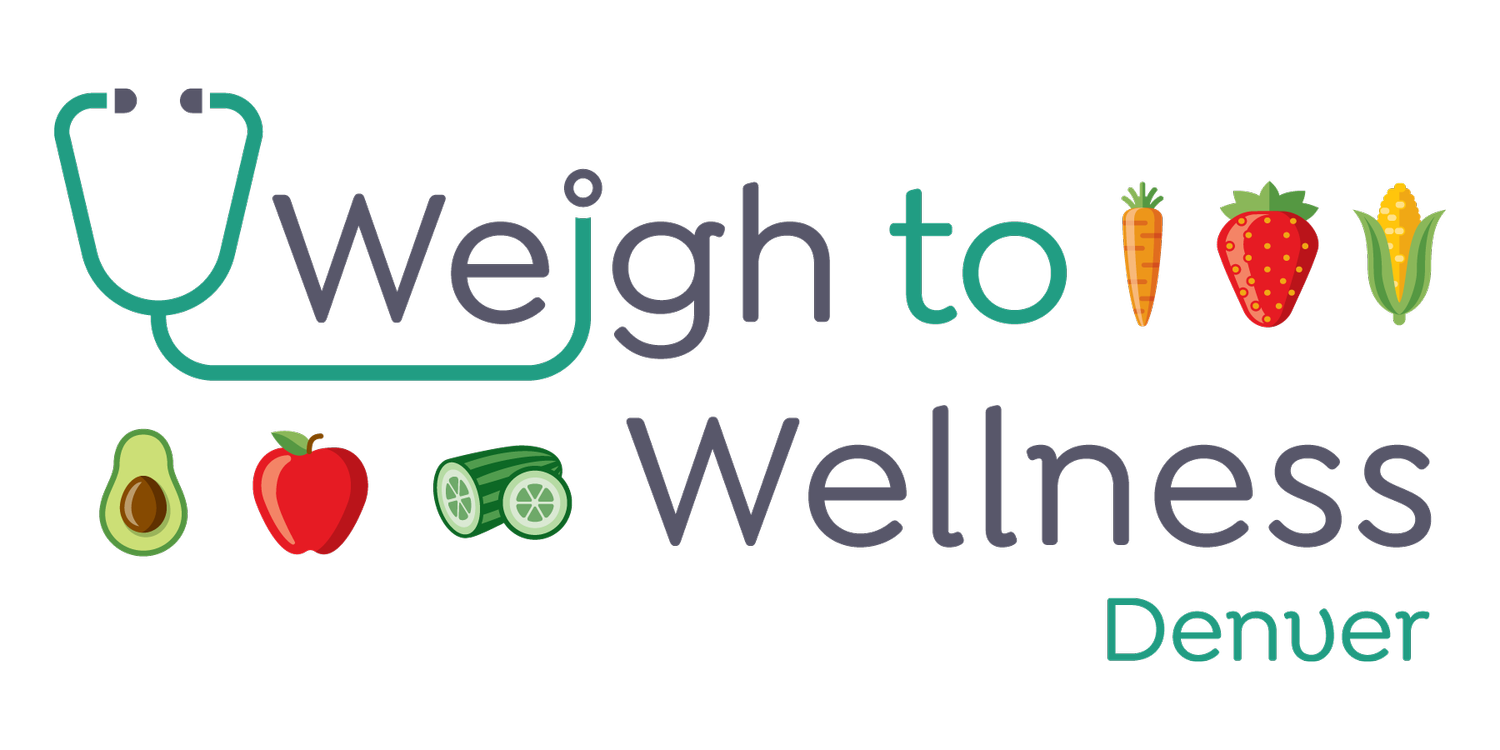Food to Avoid if you are Inflamed
There are a multitude of foods that can cause inflammation in your body. The inflammation brought on by these foods might not be felt physically for many years. This is important to consider since inflammation can be the reason you are unable to lose weight or unable to get other health conditions under control.
Common conditions that can be caused by chronic inflammation:
Irritable Bowel Disease
Leaky Gut
Joint Pain/Discomfort
Diabetes
Depression
Rheumatoid Arthritis
Asthma
COPD
Most Common Inflammatory Foods:
1.) Refined Sugars: these types of foods come from items where sugar is one of the top 5 ingredients.
Increases insulin levels: Every time you eat refined sugars your insulin levels will spike in order to deal with the increase in glucose in your blood. Consistently eating foods high in refined sugar can cause consistently high insulin levels. Consistently high insulin levels can lead to type 2 diabetes and insulin resistance.
NAFLD: Non-alcoholic fatty liver disease can be caused by high intake of fructose. This high fructose intake can cause fatty deposits to be stored in the liver.
2.) Alcohol:
Alcohol is a part of most people’s lives. Therefore, we don’t think that you have to be sober to be healthy. Alcohol, even when not consumed in excess, can cause inflammation in our bodies.
Decreases inhibition: Alcohol can cause you to consume more calories then you normally would because of decreased mental fortitude.
Organ damage: The effects of alcohol on your liver health has been studied in depth and can be a cause of inflammation in the body.
Empty calories: Alcohol is not a nutrient dense food. For the most part alcohol is considered empty calories. There is dispute that red wine can have anti-inflammatory effects on your body from the antioxidants.
Dehydrating: Alcohol can cause dehydration because it acts as a diuretic in your body. Since alcohol can be toxic to your body, you will try to process out the alcohol as quickly as possible. This process takes water to filter the alcohol through your liver and kidneys and can cause you to excrete more water than normal.
3.) Trans Fat: One of the most unhealthy fats that you can eat, This type of fat is chemically made by adding hydrogen to unsaturated fats. Look for the phrase “partially hydrogenated” on the label.
Hidden sources of trans fat:
Shelf stable cakes and pastries
Vegetable shortening
Pre-packaged biscuits
Margarine
Fried fast food
Frozen Pizza
4.) Gluten: The debate on whether gluten should or should not be part of our diet is ongoing. For those with Celiac disease, an autoimmune condition, there is no question that it needs to be removed. There are also those individuals who do not have Celiac but notice they are gluten sensitive. These individuals feel better (less GI symptoms, more energy, clearer thinking, etc…) when removing it from their diet. There are others who don’t notice any issues with gluten, though it can be hard to tell as it can cause a delayed inflammatory reaction. For this reason, it is one of the first foods we remove when considering an anti-inflammatory diet.
Gluten can lead to a “leaky gut”. The junctions of the cells lining the stomach can become damaged and allow molecules through the once tight junctions. This can lead to inflammation in the rest of the body.
5.) Dairy: Whether to include dairy or not in your diet is another controversial topic. Good quality dairy products can have nutritional benefits. Those with lactose intolerance though have a deficiency in the enzyme lactase and do not tolerate dairy well. There are also some people who have a true dairy allergy to the milk proteins and need to stay away from dairy completely. But there is also a group of people who may have an inflammatory response to dairy and not be aware. Therefore, it is beneficial to do a trial of eliminating dairy when following an anti-inflammatory protocol. This will help to know if it is a trigger food or not.
6.) Processed Meat: Processed meat contains a higher level of advanced glycation end products (AGEs) than other meats. These are inflammatory compounds.
Includes: bacon, sausage, beef jerky, smoked meats
Processed meats are associated with increased risk of heart disease, diabetes, and some cancers
Following a protocol where you remove these foods for a period of time may be a great option for you if you have any autoimmune or inflammatory condition, are struggling to lose weight, or have chronic stomach problems. This can help to identify which foods are truly triggers of inflammation for you as an individual.
How to Start the Process
-We recommend to take foods listed above and eliminate them from your diet for 4 to 6 weeks. It takes at least a couple weeks for your GI tract to start the healing process and become less inflamed.
-You should notice a decrease in your GI symptoms after 2 or 3 weeks. If your GI symptoms before going on a lower inflammatory diet are at a 10 we are hoping that your symptoms will go down to below a 5 on your own personal scale.
– If you are truly eliminating some of these items from your diet and you are not feeling any improvement in symptoms then you are eliminating the wrong foods or the issue is not food related.
– If your symptoms resolve then it means the foods you eliminated are the cause of your gut inflammation and need to continue to be eliminated or only consumed sporadically.
We hope this helps point you in the right direction when it comes to eliminating high inflammatory foods in your diet.
